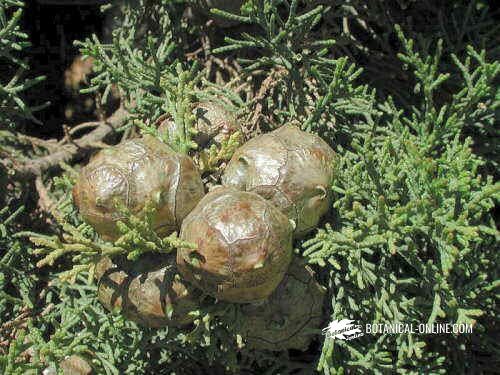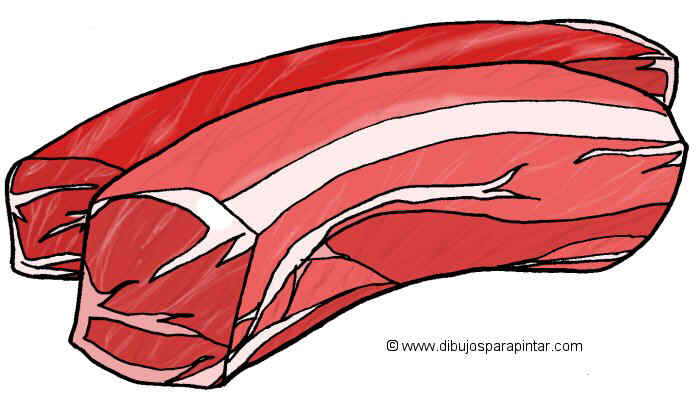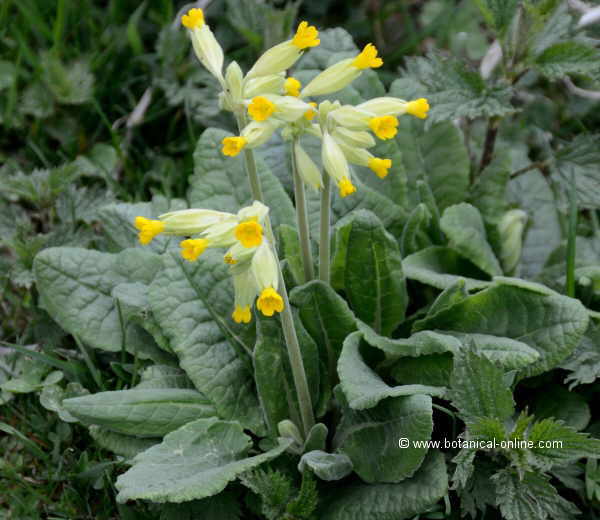Contents
Cypress medicinal uses
Traditional uses of cypress
Traditionally, cypress, a symbol of death, has also been quite used for its medicinal properties.
Greek physician Dioscorides (1940-1990 AD) in his Materia Medica talks about this tree, saying: “… the cypress provokes constipation, their leaves drank with a little wine and myrrh, refresh exudations from the bladder and are useful for the retention of urine. Its ground nuts drank with wine are useful for those having blood from their chest, or for dysentery… Leaves, crushed and placed on fresh wounds, weld them and restrict blood.”
The doctor and writer Andres Laguna (1499-1560) also writes about this tree: “It was the ancient cypress sacred to Pluto: and therefore the scattered branches were often at the gates of the defunct. A certain resin distills from this tree, similar to laricina, very sharp and boiling to the taste”
Gilbert Thomas Burnett, in his book Outlines of botany, published in 1835, textually says the following on the cypress:
 |
Components of cypress
- Acids: glyceric and glycolic
- Rich in essential oils: alphapinene, betapinene, camphene, sabinol, silvestrene, cymene, camphene, cedrol and cardinene.
- Tannins
- Flavonoids: Amentoflavone, cupresoflavone
Cypress essential oil: a cure for respiratory problems
From the leaves and twigs of cypress, and its fruits, you get the essential oil, a liquid of pale, yellow or olive green color and strong smoky odor.

Cypress essential oil is rich in many components (mainly alpha-pinene, beta-pinene, camphene, sabinol, silvestrene and cymene), which give it many properties (astringent, antiseptic, antispasmodic, tonic, vasoconstrictor, anti-rheumatic, diuretic etc.) so it has many uses in aromatherapy (rheumatism, edemas, poor circulation, cellulite, stress, excessive sweating, skin problems, hair problems, respiratory problems, etc.)
The preparations of cypress help reduce spasms of the respiratory system while they perform an astringent and anti-infective function, so as to help fight microorganisms and decrease the mucus content of respiratory channels. Vapors of essential oil of cypress in hot water are useful for the following breathing difficulties:
- Cough: It soothes the throat, soothes irritation and decreases coughing in bacterial respiratory diseases, including whooping cough. The hemostatic capacity of this plant is capable of controlling small bloody sputum (hemoptysis) that occur in some respiratory diseases. (Inhalation with hot water in which 8 drops of essential oil have been dissolved)
- Bronchitis: Its use can reduce the inflammation produced by this disease as well as it eliminates the excess of secretions. (Inhalation with hot water in which 8 drops of essential oil have been dissolved)
- Asthma: It reduces the inflammation and helps breathe better. (Decoction of a handful of leaves by liter of water. (Inhalation with hot water in which 8 drops of essential oil have been dissolved)
- Pharyngitis: It smooths to the pharynx and aids to eliminate the germs that bring about this inflammation. (Inhalation with hot water in which 8 drops of essential oil have been dissolved)
- Cold: It helps to fight colds, reduces the symptoms of this disease, reducing inflammation, diminishing cough, helping to eliminate excess mucus, soothing the throat, etc.
- Sinusitis: Suitable for reducing sinus inflammation and an aid for the elimination of excessive mucus. (Inhalation with hot water in which 8 drops of essential oil have been dissolved)
Other applications:
- Excessive sweating: To combat excessive sweating, especially affecting the feet, foot baths can be made with the liquid from the decoction for ten minutes of three tablespoons of crushed twigs per liter of water. This treatment can also serve to remedy smelly feet.
- Acne: The astringent properties of this tree can be used for external treatment of acne. Wet compresses soaked with the fluid from the anterior decoction can help eliminate many symptoms of the acne like pimples, pustules, oily skin, blackheads, etc.
- Chilblains: The astringent properties of this tree can be used for the treatment of chilblains. Perform foot baths with the liquid from the decoction for ten minutes of three tablespoons of crushed twigs per liter of water.
- Seborrhea: Its use on the scalp will remove excess of fat and give more strength to your hair. Make capillary frictions with the liquid resulting from the decoction for ten minutes of three tablespoons of crushed twigs per liter of water.
Cypress for cosmetic uses
Cypress essential oil is widely used in cosmetic industry for its many properties. It is a good antiseptic and a great vulnerary for the skin that appears in the composition of colognes, perfumes and shaving lotions.
Cypress in pharmaceutics
The pharmaceutical industry uses the essential oil of cypress in the composition of many medicines.
Precautions and toxicity of cypress
No side effects have been reported at therapeutic doses.
Although the essential oils is not very irritating when applied to the skin, allergic reactions have been reported in individuals sensitive to this product.
When used internally, it should be administered with caution because, in excessive doses, it can be toxic.
The product administration of the cypress in pregnant and nursing women or in children is not advisable.
* Related information:
![]() More information on cypress
More information on cypress








